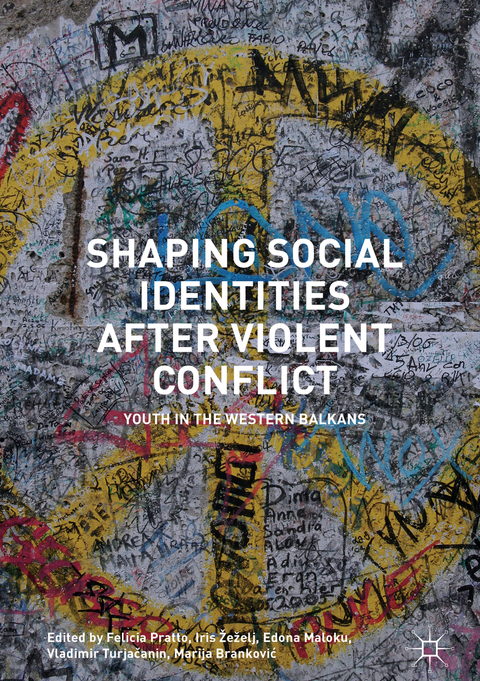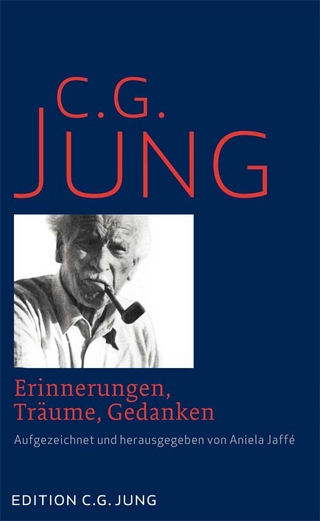
Shaping Social Identities After Violent Conflict
Springer International Publishing (Verlag)
978-3-319-62020-6 (ISBN)
Felicia Pratto is a professor of psychology at the University of Connecticut, USA. Her research concerns social cognitive processes that contribute to group biases, intergroup relations, particularly power and the structuring of sexism and ethnocentrism, and international violence. She is co-creator of ‘Social Dominance Theory’.Iris Žeželj is an assistant professor of social psychology at Belgrade University, Serbia. Her main areas of interest are social cognition, biases in memory, self-knowledge and group perception and intergroup relations. She has lead several international research projects on these topics.Edona Maloku is a lecturer of Psychology at RIT Kosovo. She is a PhD Candidate in Social Psychology at Leiden University, The Netherlands, where she examines national identity-building process in Kosovo’s new state and its effects on inter-ethnic relations after the conflict. Vladimir Turjačanin works as an associate professor of Social Psychology at the University of Banja Luka, Bosnia and Herzegovina. His professional interests are in the area of ethnicity, ethnic relations, social identity, gender stereotypes and religious prejudice.Marija Branković works at the Faculty of media and communications in Belgrade, Serbia. Her research focuses on psychological defences from the existential anxieties and their impact on social behaviour, self and social identifications, intergroup relations, persuasion and argumentation.
Foreword; Boris Bizumic.- Preface; Iris Zezelj.- 1. Introduction; Felicia Pratto.- 2. Setting the Stage: Research on National, Ethnic, and Religious Identities After the Recent Violent Conflicts in the Western Balkans; Marija Brankovic, Vladimir Turjacanin, Edona Maloku.- 3. Methods Section: Quantitative and Qualitative Examination of Social Identities and Their Mutual Relations; Olja Jovanovic, Marko Vladisavljevic, Iris Zezelj, Marija Brankovic.- 4. Ethnic, Religious, and National Identities Among Young Bosniaks and Serbs in Minority and Majority Contexts in Bosnia and Herzegovina.- Vladimir Turjacanin, Sr an Dusanic, Sinisa Lakic, Sabina Cehajic-Clancy, Maja Pulic de Sanctis.- 5. Is It Always Us or Them: How Do Young Serbs and Bosniaks Perceive Intergroup Borders?; Olja Jovanovic, Masa Pavlovic.- 6. Who Is This New We? Similarities and Differences of Ethnic, Religious, and National Identity Among the Albanian Majority and the Serb Minority in Post-Conflict Kosovo; Edona Maloku, Kaltrina Kelmendi, Marko Vladisavljevic.- 7. Towards Inclusive Social Identities in the Republic of Macedonia; Ali Pajaziti, Biljana Blazevska-Stoilkovska, Ana Fritzhand, Agron Rustemi, Admir Qose.- 8. What Identities in the Present May Mean for the Future of the Western Balkans; Iris Zezelj, Felicia Pratto.- Index.
| Erscheinungsdatum | 11.01.2018 |
|---|---|
| Zusatzinfo | XXV, 196 p. 12 illus., 9 illus. in color. |
| Verlagsort | Cham |
| Sprache | englisch |
| Maße | 148 x 210 mm |
| Gewicht | 516 g |
| Themenwelt | Geisteswissenschaften ► Philosophie |
| Geisteswissenschaften ► Psychologie ► Psychoanalyse / Tiefenpsychologie | |
| Schlagworte | albanian • Behavioral Science and Psychology • Border politics • bosniak • common ingroup identity model • Community and Environmental Psychology • conflict studies • cross cultural psychology • Environmentalist thought & ideology • Environmentalist thought & ideology • ethnic homogenization • Europe • European politics • inter-ethnic relations • Macedonia conflict • national identity • Peace studies & conflict resolution • Peace studies & conflict resolution • politics & government • Politics & government • Psychology • Psychology: the self, ego, identity, personality • Self and Identity • serbian • Social, group or collective psychology • Social Identity • Social Policy • Western Balkans conflict |
| ISBN-10 | 3-319-62020-7 / 3319620207 |
| ISBN-13 | 978-3-319-62020-6 / 9783319620206 |
| Zustand | Neuware |
| Haben Sie eine Frage zum Produkt? |
aus dem Bereich


